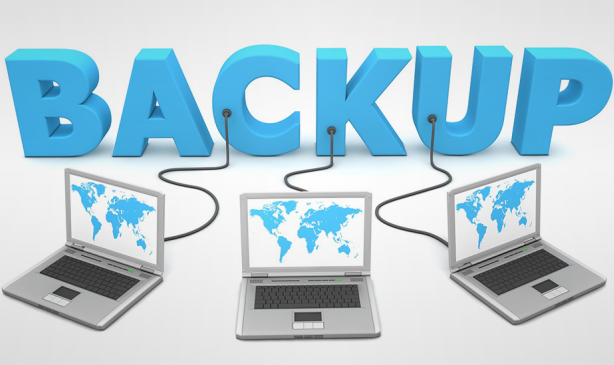|
Getting your Trinity Audio player ready...
|
Back-up WordPress regularly helps protect this important data so that even if you lose it or are corrupt, you can restore it quickly and easily. In this article, we will discuss some strategies on how to back up WordPress regularly. To ensure that your website data is safe and secure back up your data.

Back-up Plugin
Using a WordPress backup plugin is one of the easiest and most efficient ways to back up your WordPress website. There are many plugins available, such as UpdraftPlus, BackWPup, and VaultPress. These plugins will allow you to schedule automatic backups of your website data regularly.
Manual Backup
You can also manually back up your WordPress website by downloading all of your files and databases and storing them in an external location. This process can be time-consuming, but it’s often more secure than relying on a third-party plugin.
Use Cloud Storage
Storing your backups in the cloud is another great way to ensure that they are safe and secure. Services like Amazon S3 or Google Drive are great options for backing up your WordPress website.
Utilize Version Control Software
If you are a developer, version control software such as Git can track changes made to your website and store them in a secure repository
Set Up Email Notifications
Setting up email notifications is another great way to ensure that you back up your WordPress regularly. Most backup plugins will allow you to set up email alerts so that you know when a backup has been successful.
Use Offsite Backups
It’s also important to store backups offsite in case something happens to the server where your website is. Services like Dropbox or Google Drive can be in use for this purpose.
Use Version Control
Version control is a great way to keep track of changes that have to be made to your website over time. Services like GitHub and Bitbucket allowing you to store all of your website files and databases in one location, making it easy to track changes and roll back if needed.
CDN
Content delivery networks (CDNs) can help to improve the speed and performance of your website. They provide an additional layer of security, as they store a copy of your website data in multiple locations.
Keep Your Website Updated
It’s important to keep your WordPress website updated with the latest version of WordPress and any plugins or themes. This will help ensure that any potential security vulnerabilities are patched quickly, reducing the risk of malicious attacks on your website.
Monitor Your Website Performance
Regularly monitoring your website performance is another great way to ensure that it is running smoothly and that there are no issues with backups or other functions. Services like New Relic and Ping dom can help you identify any potential problems and take action before they become serious.
Regularly Test Your Backups
It’s important to regularly test your backups to make sure that they are working properly. You can use tools like BackupBuddy or WP Migrate DB Pro to test the
Regularly Test Your Backups
It’s important to regularly test your backups to make sure they are working properly. This will help ensure that when you need them, they will be available and ready to restore your website data quickly and accurately.
Use a Back-up Service
There are many services available that can help you back up your WordPress website regularly. Services like BlogVault, CodeGuard, and Backblaze all offer reliable and secure backups for your website data. By following these strategies, you can easily back up WordPress regularly and ensure that your website data is safe and secure. Regular backups are an essential part of website maintenance and should not be overlooked.
Conclusion
Backing WordPress is one of the most popular platforms for building websites. With the rise in internet usage, the amount of valuable data stored online has also increased. But no matter how much effort we put into protecting our data, there is always a risk of it being destroyed or stolen from hackers, viruses, or other sources.

